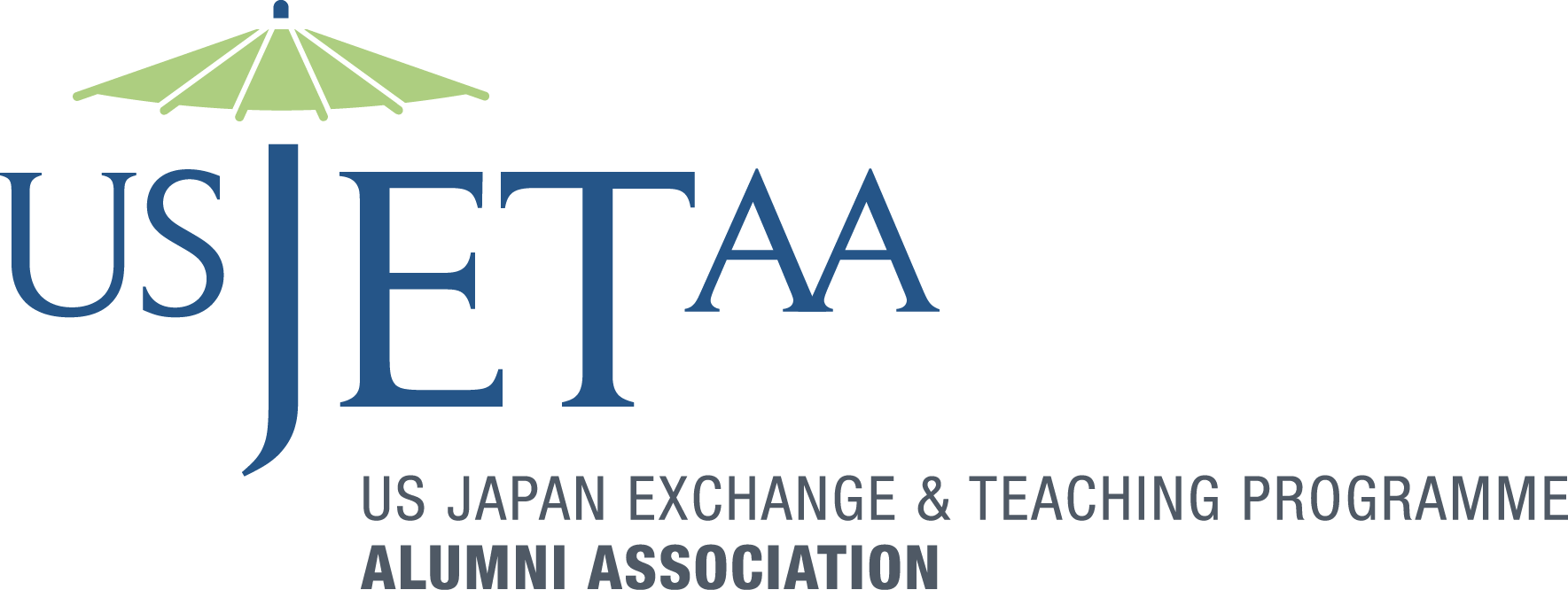“You lived in Japan?” My students gasp after hearing me speak, “皆さんよく聞いてください.” (Mina-san yoku kiite kudasai. Everyone, please listen carefully.) I’ve found students will immediately perk up and turn away from their phones to my face in front of the classroom when they distinguish a language most have only heard in anime on Netflix. I would not be who I am today without the Japan Exchange and Teaching Programme (JET) and Japan: a teacher, a mentor, and an international advocate. Japan showed me that I am a global citizen and that cross cultural exchanges are key to dispelling ignorance and forging friendships.
My students are aware of the tragic history between our two countries, but from tragedy came friendship. This friendship led to Saint Paul, Minnesota becoming the first “Japanese-American city partnership in 1955, predating the International Sister City Affiliation enacted by Congress during the Eisenhower administration” (“Saint Paul–Nagasaki,” 2020.) It is a sign of hope in our world that there can exist friendship, mutual respect, and education about others that are different; through our differences comes greatness, and organizations that foster cross cultural exchanges exist in my students’ own hometown.
As the snow melts and spring arrives, I will introduce my students to hanami (flower viewing) and the ephemeral beauty of the cherry blossom. Minnesota has an active and vibrant Japanese, and Japanese American community, that connects throughout the year, but also through public celebrations such as the Japan America Society of Minnesota’s Shinnenkai; Hiroshima and Nagasaki Commemoration Events; and Obon Festival in August. Students can connect to Japan all year round, through their love of pop culture, but also through understanding Japan through cultural traditions, ancient and modern, that are alive and well in their home city of Saint Paul, Minnesota. I hope to continue to teach and inspire the next generation of advocates for Japan, whether that comes through being future JET participants, global citizens, or advocates for Japan in their local communities.
Alexandra Howes was a Municipal Assistant Language Teacher in Kasuga City, Fukuoka Prefecture from 2003-2005. She currently works as a high school English teacher and theater director.
This article is part of a guest-contributor partnership between the East-West Center in Washington and the United States Japan Exchange & Teaching Programme Alumni Association (USJETAA) in which former JET participants contribute articles relating to their experiences in Japan.
The USJETAA is a 501(c)(3) nonprofit educational and cultural organization that promotes grassroots friendship and understanding between the United States and Japan through the personal and professional experiences of over 30,000 Americans who have participated on the JET Programme since its inception in 1987. USJETAA serves as a resource for individual JET alumni, JETAA chapters nationwide, and potential JET participants; supports the leadership of JETAA chapters with programming, membership recruitment, chapter management, leadership, professional development, and fundraising; and, supports the JET Program(me) and engages with the U.S.-Japan community.
